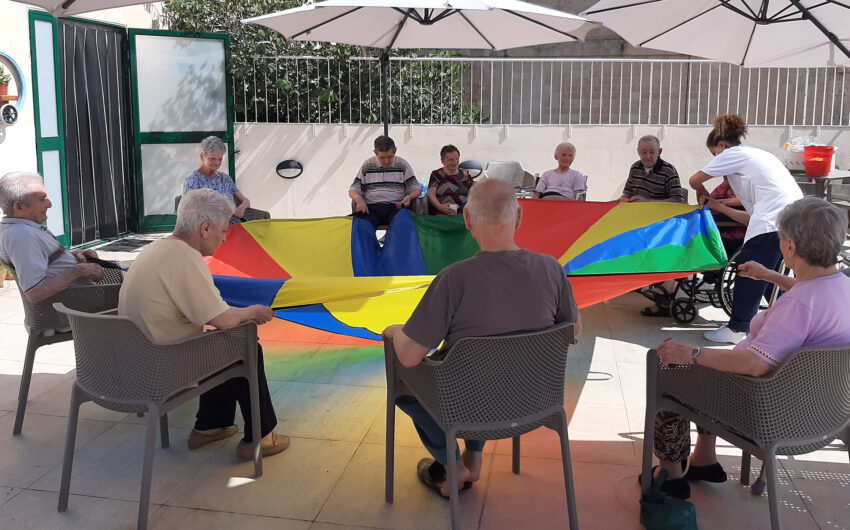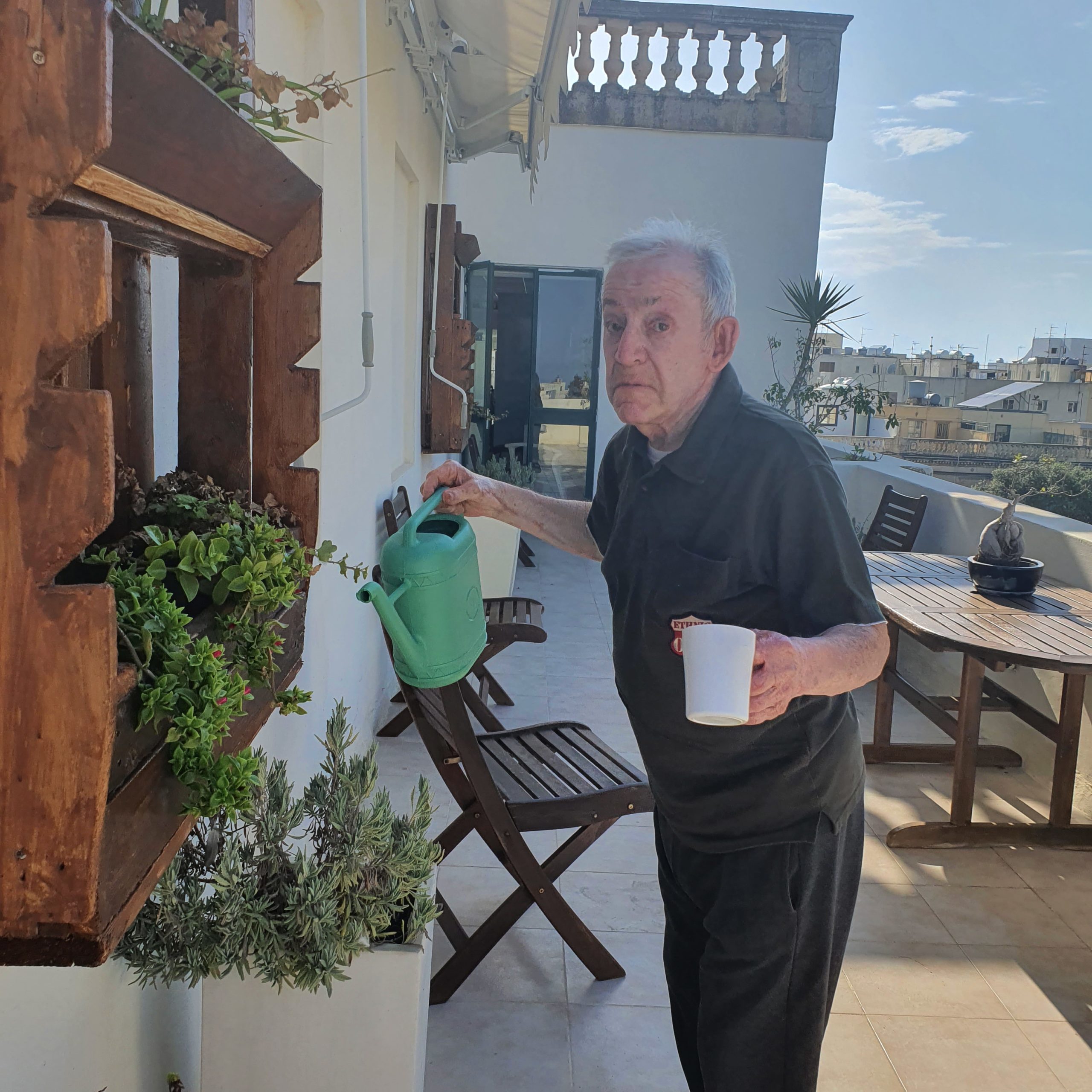
Worldwide, around 50 million people have dementia, and there are nearly 10 million new cases every year, according to the World Health Organisation.
One of the major causes of disability and dependency among older people, dementia is a syndrome in which there is deterioration in memory, thinking, behaviour and the ability to perform everyday activities.
“Exercise is a promising non-drug intervention for preventing and treating depression in older persons during long-term care. Every single day, through activities that involve movement, we witness tangible positive results and benefits in the well-being of our residents. When they are socially interacting within a large group, they generally feel much better, their mood improves and the activity stimulates in them a need to feel good,” says Nicolette Sant, facility manager at Villa Messina.
One of nine elderly homes operated by CareMalta, Villa Messina organises dementia-related activities for its residents on a regular basis. Equipped with high dependency and special care units, this private nursing home offers professional care to a special segment of residents who need focused attention and dedication through a specialised programme tailored to their needs.
“Engaging in exercise may also have the capacity to counteract common symptoms of depression in older persons living with dementia, such as negative thoughts and low self-esteem, thus improving self-evaluation and encouraging a love of learning and bravery, while also filling them with a sense of achievement,” Ms Sant explains.
“Furthermore, applying the theories of positive psychology – which aims at refocusing psychology in the direction of not only studying negative outcomes and pathology, but to emphasising positive traits, emotions and behaviour – has the ability to foster a general feeling of well-being among older persons living with dementia.”
In fact, residents at Villa Messina are involved in normal day-to-day activities that help them feel useful and remain active. One such example was a recent DIY project, during which residents contributed to the upkeep of the home by creating their own works from reused items. Wheels from damaged wheelchairs were turned into decorative frames for hanging plants, while wooden planks from pallets were used as shelving.
“We cannot emphasise enough the importance of belonging and sense of community among our residents – two crucial elements that greatly help older persons, especially those living with dementia,” Ms Sant says.


